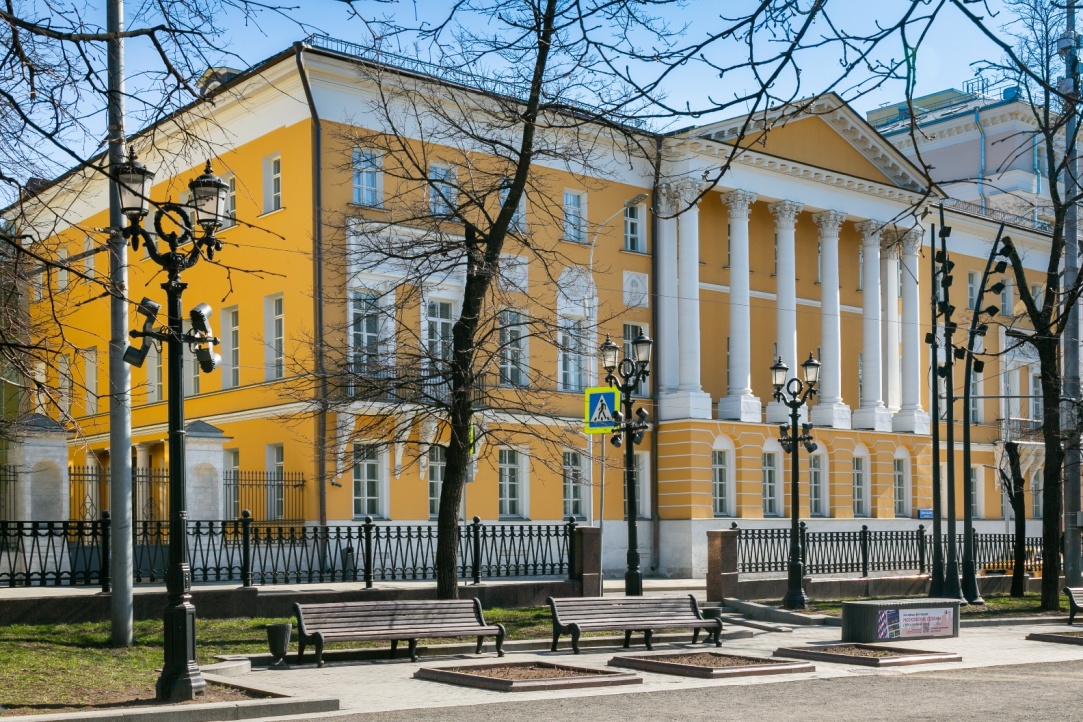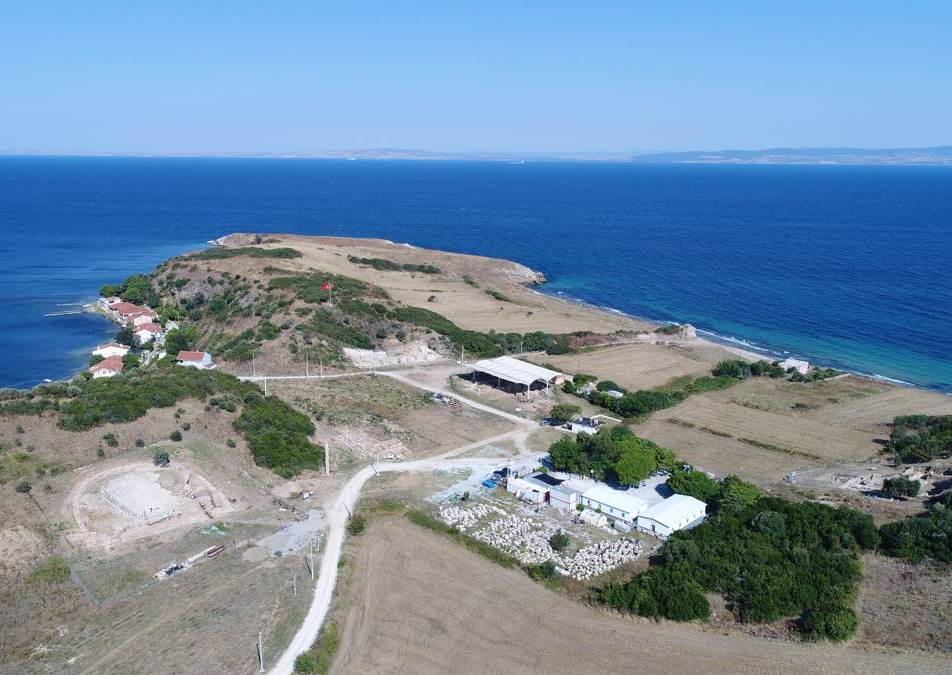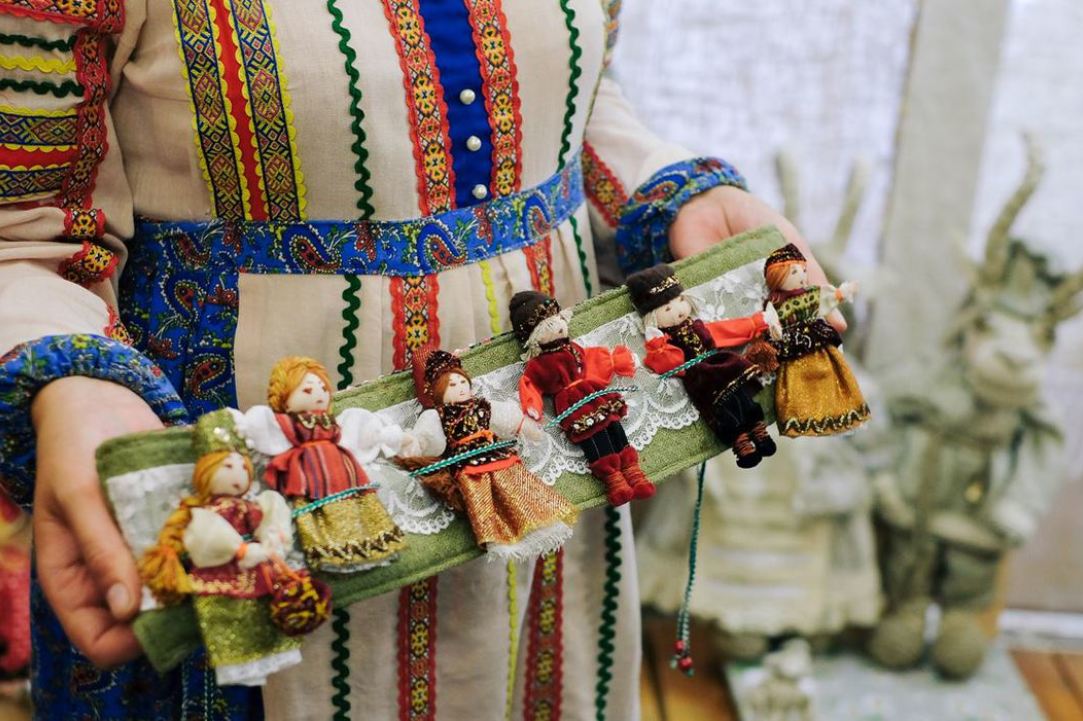Storing the data collected during folklore expeditions in a convenient and accessible way is not an easy task. As a solution, HSE researchers studying folk traditions have created an Electronic Folklore Archive. Anastasia Smirnova, research assistant and, until recently, staff member of the HSE Faculty of Humanities Laboratory for Theoretical and Field Folklore Studies, where the electronic archive was designed and developed, talks about how it was created and why the skills of collecting and digitising folklore are so important, particularly at the outset of one's academic career.









.jpg)









.jpg)
